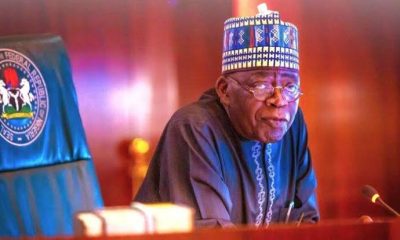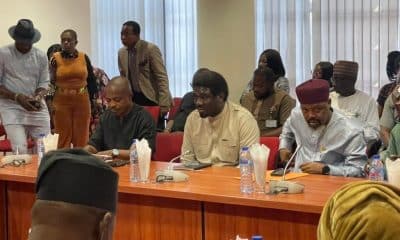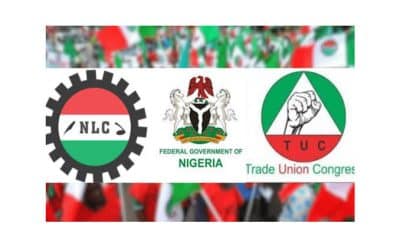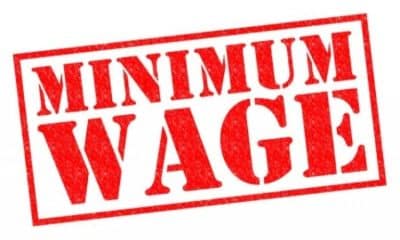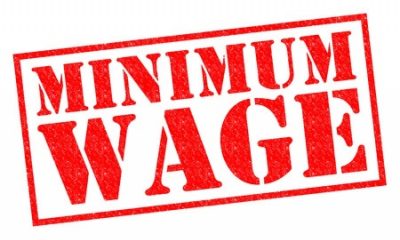Nigeria News
Minimum Wage: I Am Ready To Pay Above N30k – Sanwo-Olu
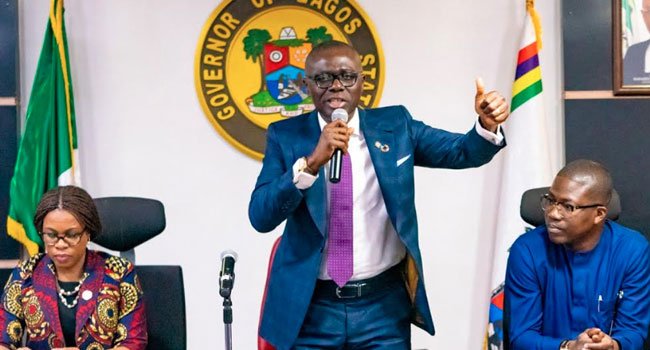
The Governor of Lagos State, Babajide Sanwo-Olu on Tuesday during a meeting with labour union leaders, said Lagos state will pay above the N30,000 national minimum wage.
Sanwo-Olu during the meeting with the organised labour unions said Lagos State will start paying when the federal government and labour unions conclude their deliberation.
The governor said he wants to pay above N30,000 because his administration understands what workers in the state face day in, day out.
“However little it is, we will certainly pay more than N30,000 minimum wage.”
We understand the position Lagos occupies and we understand the challenges workers are facing in Lagos. If other states can raise up to that amount, I believe Lagos needs to show a bit more to appreciate workers’ contribution to the growth of our State.”
Leaders of the Nigeria Labour Congress and government representatives met for hours at Labour Ministry to discuss how the government will pay N30,000 minimum wage on Tuesday October 15, 2019. Shortly after agreeing to pay the minimum wage, the Nigerian government announced that only workers from lower levels will benefit from the increase. This has angered labour leaders and they intend to proceed on a strike today, Wednesday 16 October.
The federal government agree to the meeting in a bid to stop the strike. Minister of Labour, Chris Ngige during meeting said that if the Nigerian government agrees to pay the money, our economy will become like that of Venezuela. Ngige said the 2020 budget is N10.3 trillion and the total cost for personnel is N3.8 trillion without the overhead and running cost which is almost 76 percent of the budget and that if government pay all that money, how much would remain to build roads and other social infrastructures in the country.

